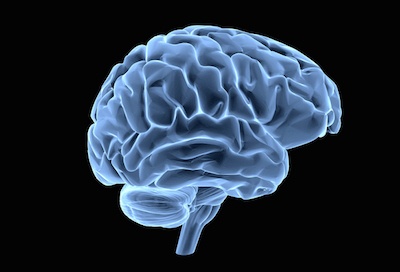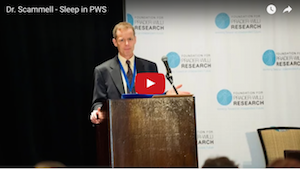Topics: Research
Many of the symptoms of PWS, including hyperphagia and behavior issues, likely originate in atypical structure and/or function of neurons in the brain. This presents an additional challenge to designing drug therapies for PWS, because drugs targeted ...
Zafgen, Inc., has donated its Hyperphagia Questionnaire for Clinical Trials (HQ-CT) instrument to FPWR to help enable the development of potential therapies for Prader-Willi syndrome. The HQ-CT is derived from a well-established, caregiver-reported q...
Topics: News
A special contribution by guest blogger Jennifer Hannabass Jennifer shared her story via our Stories of Hope questionnaire.
Topics: Stories of Hope
A special contribution by guest blogger Courtney Smith A letter to Prader-Willi siblings: Recently, a woman asked if I would be willing to speak with her teenage daughter who was struggling having a brother with Prader-Willi Syndrome. Of course I pro...
Topics: Stories of Hope
“People with PWS have a real need to actually connect with others and have relationships." This was one of the many valuable insights shared by Elizabeth Roof, Senior Research Specialist at Vanderbilt University, and other panelists addressing social...
Topics: Research
A special contribution by guest blogger Rosemarie Rouse Rosemarie shared her story via our Stories of Hope questionnaire.
Topics: Stories of Hope
A special contribution by guest blogger Anne Fricke Anne shared her story via our Stories of Hope questionnaire.
Topics: Stories of Hope
Many individuals with PWS experience significant disruption of daily life as a result of sleep issues. Daytime sleepiness, abnormal REM sleep, narcolepsy, and cataplexy are common sleep-related symptoms of PWS, however their underlying cause is unkno...
Topics: Research
We need your help and there has never been a better time to DOUBLE your impact! From now until Thanksgiving, EVERY donation made to our organization will be MATCHED by Leon and Irina Shaulov.
Topics: News















